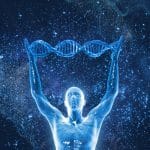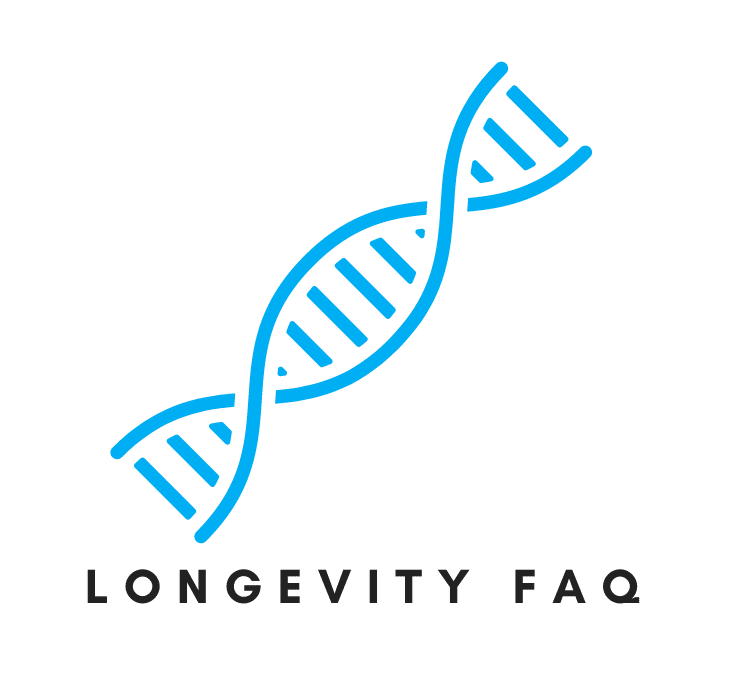
The Information Theory of Aging is a concept in longevity studies. It addresses the loss of genetic information over time; this critical information is the instructions that cells need to function correctly; with the slow accumulated loss of these instructions, cells are gradually morphing from young into old cells. This theory first appeared in Dr. David Sinclair’s book “Lifespan: Why We Age—and Why We Don’t Have To.”
Dr. Sinclair’s book explores aging due to damage to genetic information. This includes mutations, epigenetic changes, and loss of cellular function. The theory suggests that repairing this damage can slow down or reverse aging.
I found this great video where Dr. David Sinclair explains the information theory of aging in 5 minutes.
The Information Theory of Aging relates to the aging process in various ways. It posits that damage to our DNA and epigenome accumulates over time, leading to age-related diseases and declining overall health. This understanding has led to research on interventions that may help preserve or restore genetic information, ultimately promoting a longer, healthier life.
While Dr. Sinclair’s work significantly contributes to the field, other experts have also explored similar ideas. Researchers such as Dr. Aubrey de Grey and Dr. Michael Fossel have delved into cellular senescence and telomere biology, which relate to the Information Theory of Aging. Their work and others in the longevity community have helped expand our understanding of genetic information’s role in aging and potential interventions to combat its effects.
In summary, the Information Theory of Aging describes the loss of genetic information as a critical contributor to aging. First introduced by Dr. David Sinclair, this concept has since been expanded upon by other experts in the field. This research has led to pursuing interventions that may help preserve or restore genetic information, potentially extending healthspan and lifespan.
« Back to Glossary Index